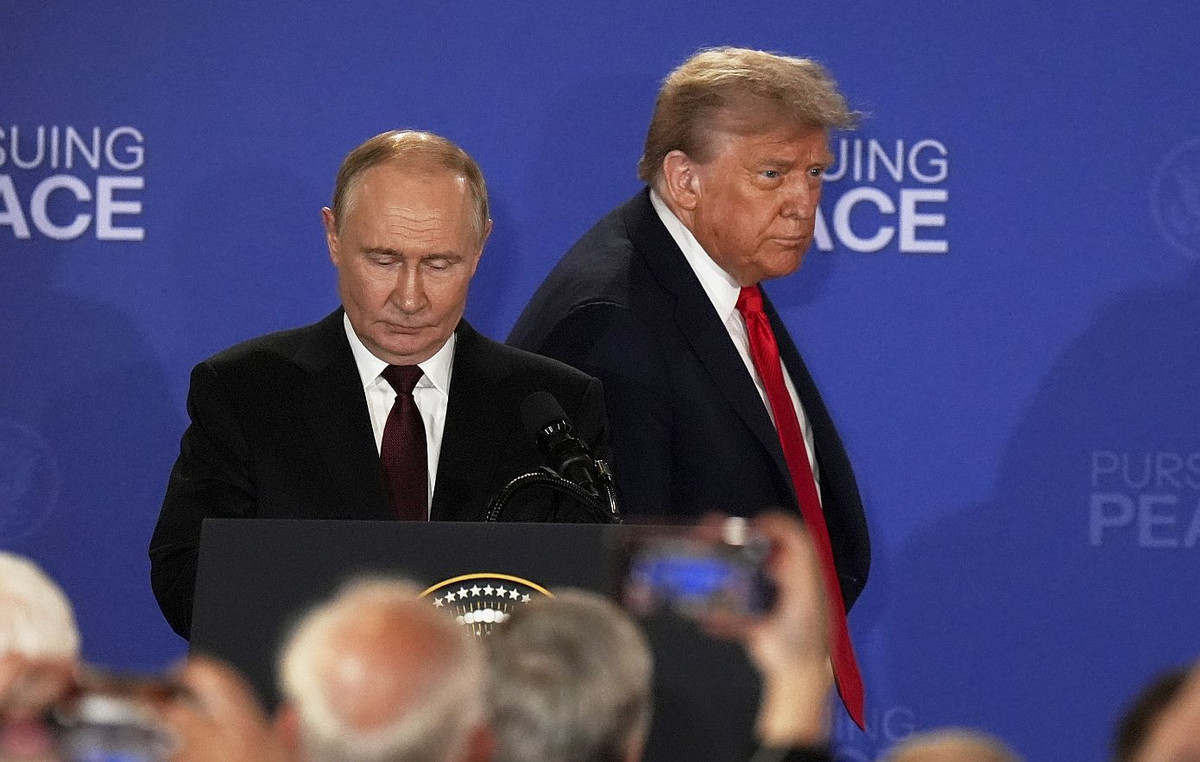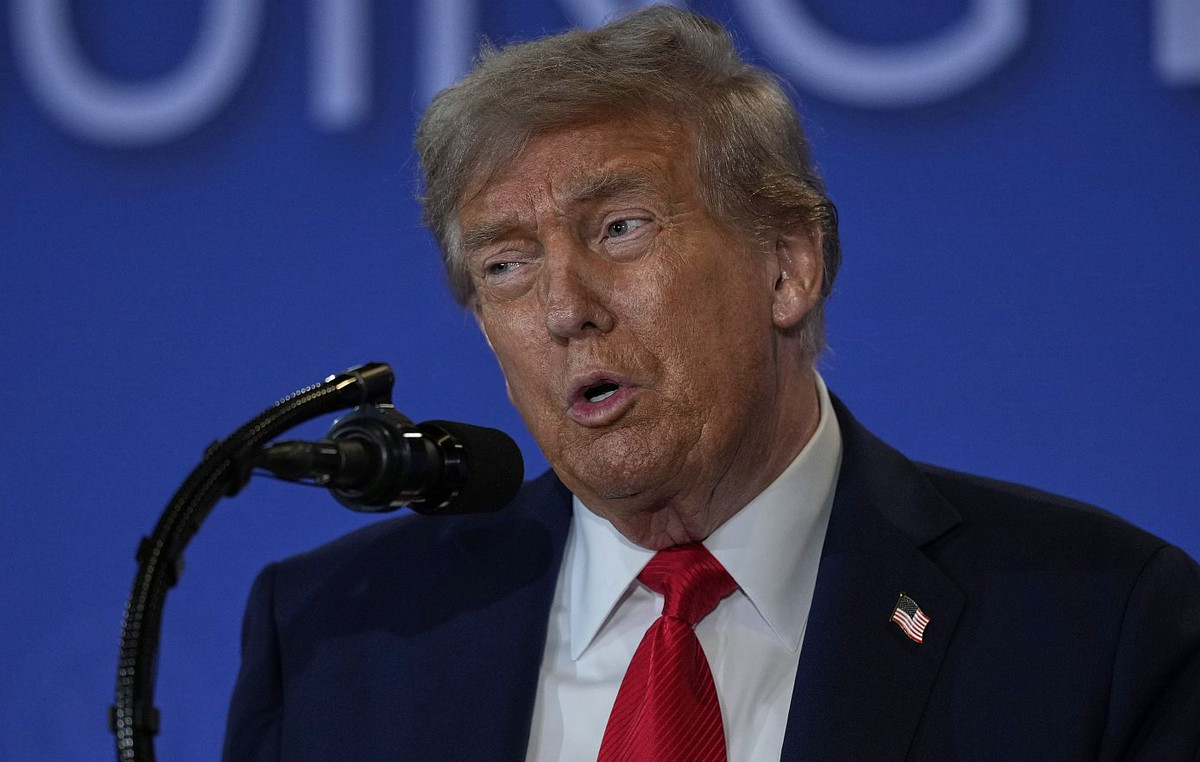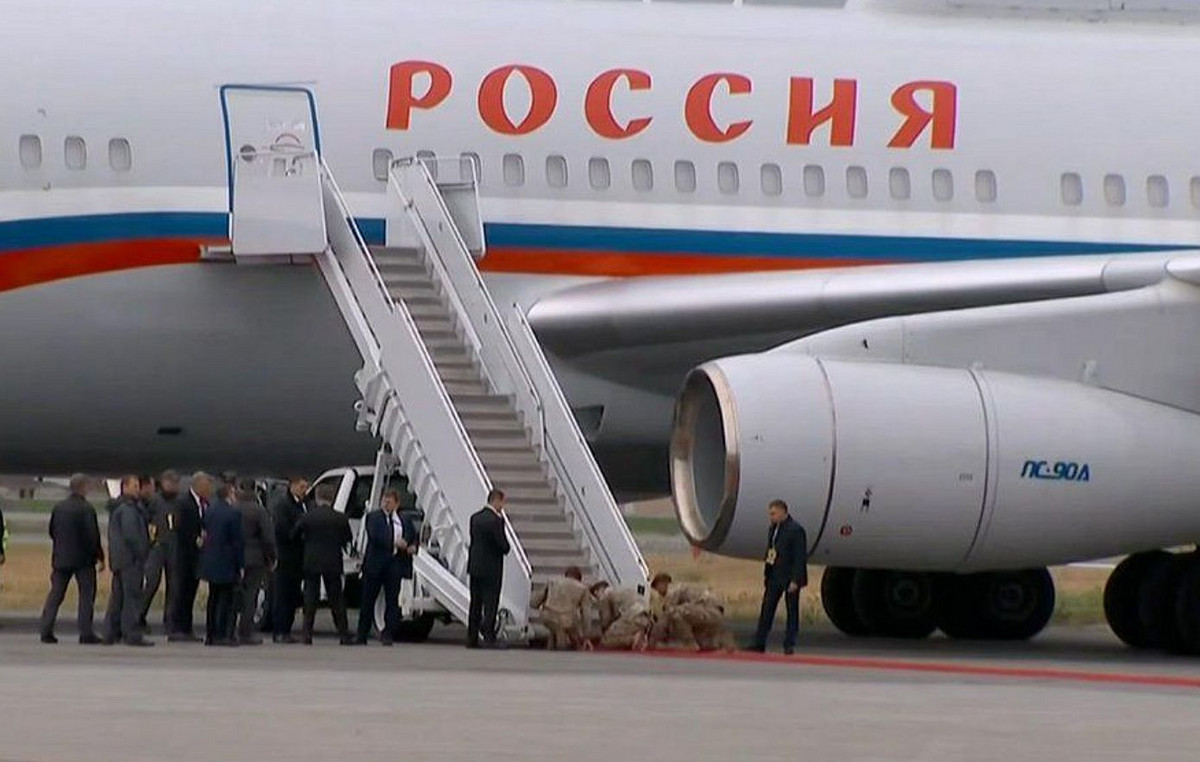By Lionel Laurent and Chris Hughes
The last decade of satellite business startup OneWeb has felt like a space opera. Founded by an American businessman and headquartered in London, it partnered with Google and Elon Musk, supplied Arianespace, attracted investment from Hughes Network Systems and Softbank Group, and went bankrupt. It was subsequently bailed out by the UK government and India’s Bharti Global.
The next act has all the makings of a post-Brexit launch for Europe’s wartime economy. Its announced 50-50 merger with France’s Eutelsat Communications will create a European champion to compete with Musk’s SpaceX and Amazon’s Project Kuiper.
The movement is imperfect but in a way, inevitable.
Shareholders of Eutelsat, which is 20% owned by a French state-owned investment company, have good reason to feel hurt by the terms and timing. The company’s stock fell 17.8% in Monday’s session, in a sign that OneWeb’s lack of sales and future spending requirements will be a drag on earnings. As Bloomberg Intelligence analyst John Davies pointed out, “a merger of equals” would benefit OneWeb more than Eutelsat.
But since the latter was in danger of falling behind its competitors, it is also of strategic importance.
Eutelsat has for too long relied on reliable cash flow but declining traditional satellite TV revenues. The group’s sales have fallen from about 1.5 billion euros in 2016 to 1.2 billion euros in the previous year, according to Bloomberg data. Musk, meanwhile, expects $50 billion in annual revenue from his Starlink lower-orbit joint venture, causing anxiety in Europe as its rollout accelerates. Investments in European space startups reached 610 million euros in 2021, just a fraction of the $5 billion invested in American companies in 2020, according to a report by think tank Ifri.
Diversifying into lower orbit satellites means more risk and more capital expenditure for Eutelsat – a number of such projects have previously failed (as did OneWeb). But it also provides an opportunity to tap into the greater demand for higher speeds and higher energy in sectors such as telecommunications. And in a wartime economy, it promises to bring more expertise in data and cyber security, as well as a bigger role for Europe in space – something Macron wants badly.
No doubt it could have been cleaner and easier for shareholders to consider a takeover by Altice billionaire Patrick Drahi, whose €2.8bn bid was rejected, or a cost-saving merger with rival SES . But his offer was seen as opportunistic, lacking the obvious logic of a merger with his own telecoms empire, while SES would have raised its own share of national security and antitrust concerns.
There are many details that still seem unclear. Running the merged entity will require political cooperation between governments that cannot even agree on fishing rights after Brexit. financially, it’s unclear how much spending it will need to compete with the tech billionaires. When Eutelsat first invested in OneWeb last year, management called it an “ideal entry point” as $5 billion had already been invested.
Overall, however, this plan looks like a microcosm of the current geopolitical environment – and the kind of corporate strategies that are getting a cold reception in the stock market. another reliable, profitable play turned into a cash-guzzling competitor in a strategic field dominated by US big spenders, and it’s a story many shareholders don’t want to hear.
However, aiming for the stars is exactly what Europe should avoid if it is to avoid being left behind.
Source: Bloomberg
I’m Ava Paul, an experienced news website author with a special focus on the entertainment section. Over the past five years, I have worked in various positions of media and communication at World Stock Market. My experience has given me extensive knowledge in writing, editing, researching and reporting on stories related to the entertainment industry.







